Pebble: A Promising Twitter Replacement Struggles to Stay Afloat

Introduction:
In a surprising turn of events, Pebble, a social media platform aimed at being a Twitter replacement, recently announced its decision to shut down operations. This closure comes as a blow for its founders and users alike, as Pebble had the potential to become a hub for meaningful conversations. Despite its similarities to the early days of Twitter, Pebble fell short in terms of user growth and failed to attract the necessary investments to sustain its vision. As November 1, 2023, marked the end of an era for Pebble, its team is now focused on expressing gratitude to its loyal community and exploring alternative avenues to keep their connections alive.
1. The Birth and Inspiration Behind Pebble:
Pebble, previously known as T2, was founded by former Twitter employees Sarah Oh and Gabor Cselle. Inspired by their time at Twitter, they aimed to recreate the platform’s authentic conversational experience, complete with a 280-character limit and direct messaging. The hope was to build a space for genuine discussions far removed from the noise and trolling often associated with mainstream social media.
2. Significance and Challenges Faced by Pebble:
Although well-received by some users, Pebble struggled to gain traction in a market saturated with alternative social media platforms. Its limited user base of approximately 20,000 exposed the platform’s challenges in attracting a larger audience. Despite offering an interface reminiscent of pre-Elon Musk Twitter, Pebble’s rough-around-the-edges user experience hindered its growth.
3. An Unexpected Farewell:
On November 1, 2023, Pebble shared an official announcement regarding its closure. They cited a lack of rapid growth as the primary reason, noting that investors had doubts about the platform’s potential for success. Additionally, the company acknowledged the intense competition within the social media landscape as a significant obstacle. Regardless of its untimely demise, Pebble’s team is grateful for the support received from their community over the years.
4. Shifting Priorities and Gratitude:
With the end of Pebble, the team behind the platform is now focused on expressing their appreciation to their users. They acknowledge the importance of the connections formed on Pebble and are exploring potential opportunities to ensure these connections can continue to flourish elsewhere. While details remain scarce, the team is actively seeking solutions to keep the Pebble community vibrant even in a different form.
Conclusion:
Pebble, the ambitious Twitter replacement once envisioned by former Twitter employees, has unfortunately reached the end of its journey. Despite its resemblance to the early days of Twitter and a loyal user base, Pebble struggled to achieve significant growth and secure the necessary investments. As the platform closes its doors, the team is committed to expressing gratitude to its supportive community and is actively exploring ways to preserve the connections formed within the Pebble ecosystem. Though the end of Pebble is saddening, its legacy will remind us of the challenges new social media platforms face in an increasingly crowded digital landscape.




